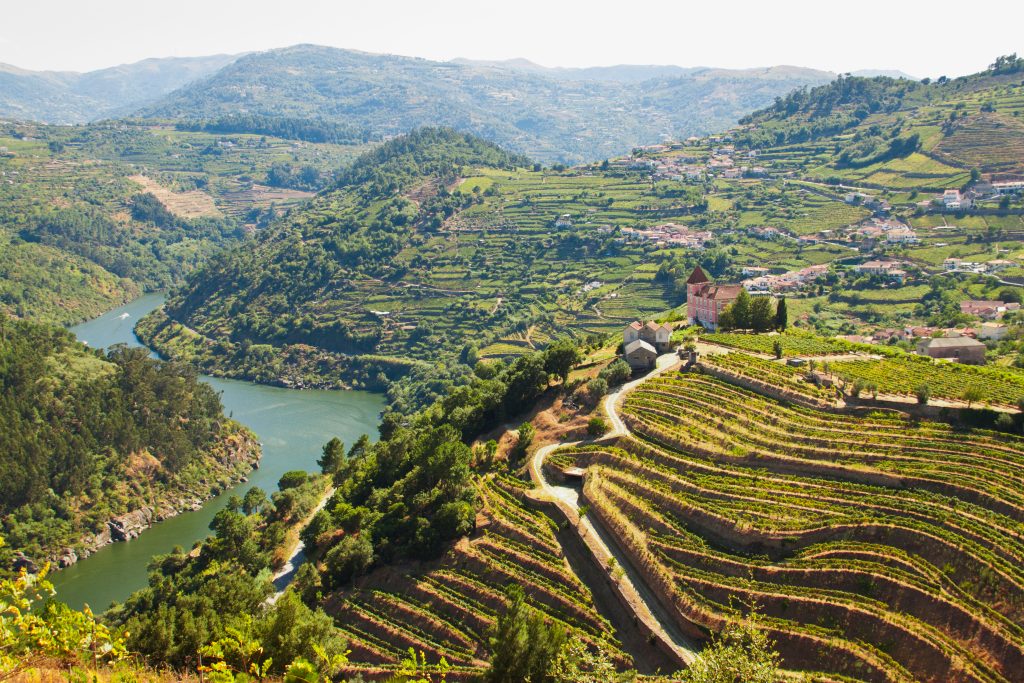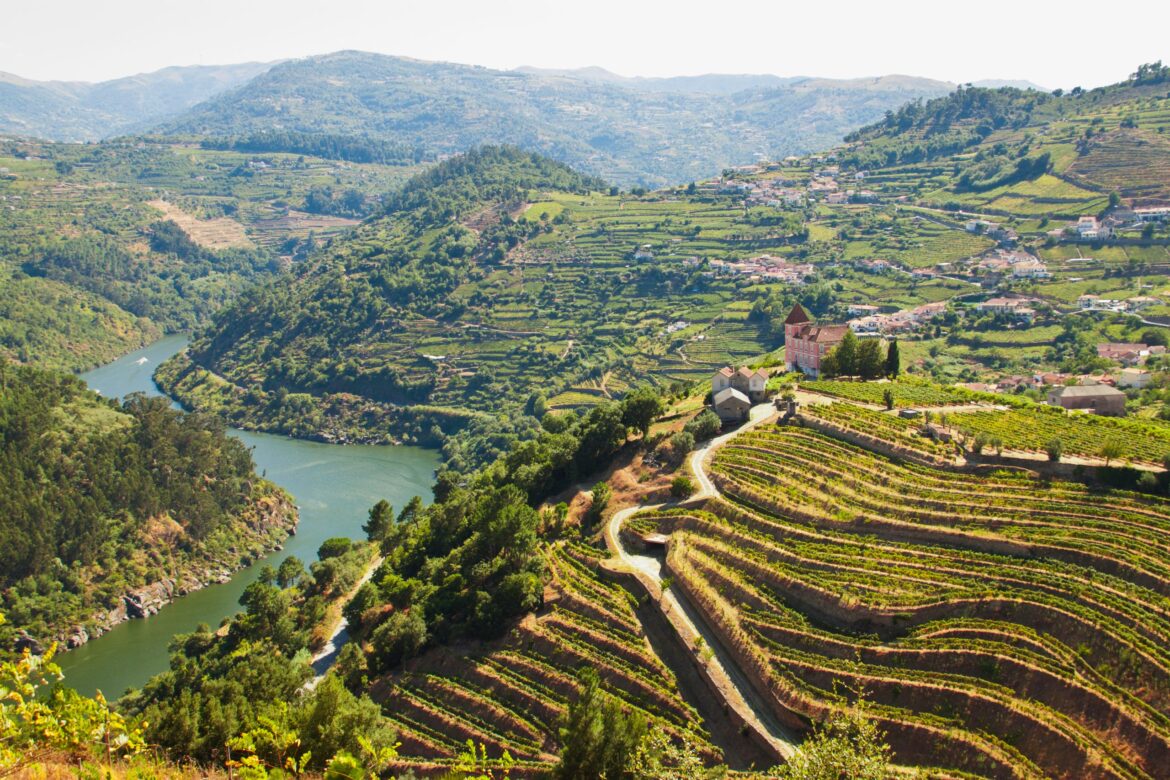More than 500 wine producers have taken to the streets in Portugal to protest at the crisis affecting the area, and demand solutions from the government to prevent producers going bust.

The protests in Peso da Régua, Vila Real – the ‘capital’ of the port wine production – highlighted issues of oversupply of grapes when the price being paid for them was falling, and increasing competition from grapes coming from neighbouring Spain.
According to local news outlet the Portugal Resident, they are calling for fair prices for grapes, a ban on the purchase of grapes below production costs, and priority for regional brandy in the production of Port wine, while controlling the entry of wines from outside the region. They also want the state to purchase surplus stocks from cooperative wineries and a “legal and operational” capacity to Casa do Douro to stabilise stocks
Organised by the National Confederation of Agriculture (CNA) and the Douro Wine Growers and Family Farming Association (Avadouriense), the protests come ahead of the harvest, which has seen some producers already receive letters cancelling orders for this year’s grapes, according to Portuguese TV outlet, Sociedade Independente de Comunicação (SIC) .
CNA leader Berta Santos called for the beneficio – the amount of must that can legally be used to make Port to be maintained for this year’s harvest – warning that not doing so would mean smaller producers going out of business.
“We won’t accept cuts because the beneficio is what keeps small and medium-sized producers in this region alive. We want better prices for the grapes, because production costs are enormous”, Santos said. “Either something is done for the small and medium-sized producers, or we’re going to see part of the region abandoned very soon.”
Bridge warned of unrest
Speaking to the drinks business recently for the big interview two weeks ago, the Fladgate Partnership’s CEO Adrian Bridge warned of possible riots this summer on the back of the challenges facing producers.
“This year is set to be a challenge” Bridge warned, “and that there may be riots in the Douro, when people realize that the beneficio is either going to be smaller this year, or – if the same quantity is allowed this year as last – when they realize that there’s going to be a lot of unsold port at the end of the harvest.”
The beneficio is the system that essentially tells each vineyard owner how much of their crop can be used to make Port from each parcel in the Douro Valley, which is based on a complex rating system and taking into account current stock levels and predicted quality of the harvest.
As port volume sales decline, the beneficio is “getting smaller and smaller, and individual properties are seeing the amount that can be made into port reduced, as well as the amount that you can sell using a single designation or quinta reduced,” Bridge explained said.
He said he had been “banging the drum” for changes to the beneficio system for more twenty years – even calling for it to be abolished by 2020 back in 2010 – but thought that this was unlikely.
“People aren’t talking about it going, they’re talking about potentially making a beneficio that is suitable for table wine, which would certainly be a solution. We’ve always been an avid supporter of the same rules for everybody in the same valley, so it doesn’t make any sense that Port has much more restrictive regulations than table wine.”
With the growing interest in Portuguese table wine, it becomes “even more important that the same rules are adhered to by everybody operating in the same valley”, he said and potentially more likely. “The beneficio change is probably an extension of the rules to cover table wine, rather than a removal of to liberate port,” he said.
Last year db reported about the “perfect storm” in the Douro which was saw producers leaving grapes unpicked after the harvest amid a crisis in the region after global Port sales dropped 13% by volume between 2021 and 2023, and the beneficio declined to its lowest level since 1993, dropping more than 22%, from 116,000 pipes (550-litre barrels) in 2022 to only 90,000 pipes in 2024.
There were also protests in which growers presented a manifesto outlining their concerns, which included both the unsustainably low grape prices and having no market for their crop, and calling on the government to resurrect the Casa do Douro as the region’s representative body as part of a broader programme of reform.
According to News outlet Lusa the Portuguese Ministry of Agriculture and the Sea has already said it is preparing structural solutions to ensure the economic, social and environmental sustainability in the Douro aimed at helping small producers in particular.
In a statement to the newspaper, the Minister of Agriculture, José Manuel Fernandes said that “we can’t give up on promoting a unique product in the world”,
Related news
Beyond the Douro: the Portuguese wine regions gaining a foothold
The Special Wine: José Mourinho launches Douro red
Symington expect ‘exceptional’ vintage in the Douro Valley


Dining and Cooking